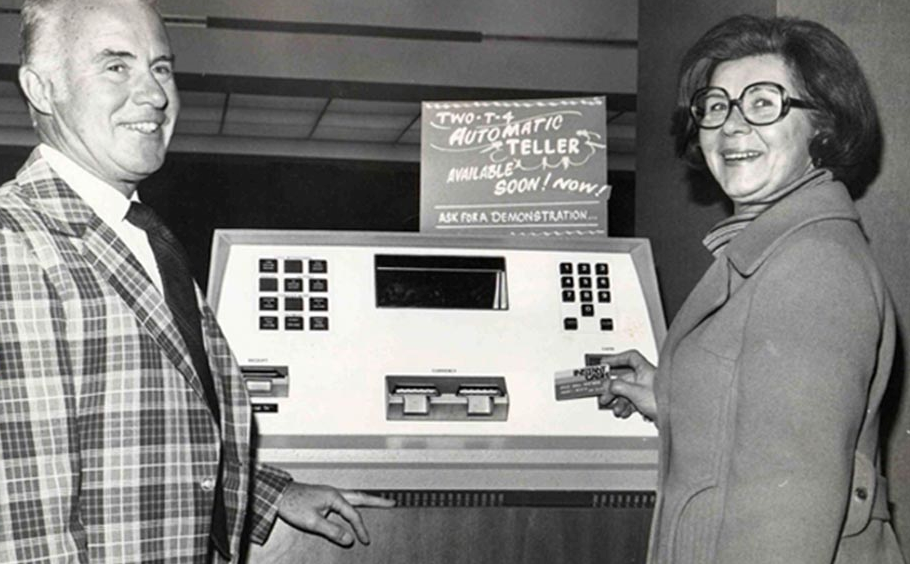
"Are User Experience and related fields like Human Factors and Human-Computer Interaction in the early phases of being relegated to the sidelines? While I understand and empathize with this concern, I also believe it is often misplaced. Fundamental economic principles and recent historical patterns suggest something more nuanced and optimistic. The UX workforce is more likely to see its daily job responsibilities and overall market positioning transform and evolve than become outdated and marginalized."
"Comparative Advantage: In 1817 renowned economist David Ricardo demonstrated that even when one side of an economic trade has an absolute advantage in everything they produce, both sides will benefit when each specializes in what they do comparatively better. In other words, even in the extreme hypothetical that an AI agent was better at every UX task than its human counterpart, it would still be more efficient to utilize the AI for only the tasks it has the largest comparative advantage in (and l"
Technological advancements historically transform rather than eliminate human work. Economic principles such as Ricardo's Comparative Advantage and Kremer's O-ring Theory explain how specialization and interdependent tasks preserve demand for human roles. Data points show a year-over-year increase of almost 7% in UX job postings mentioning AI. UX job responsibilities are likely to shift toward tasks where humans hold comparative advantages: broad contextual reasoning, interdisciplinary coordination, ethical judgment, and deep empathy. AI will handle narrowly defined, automatable tasks, enabling designers and researchers to focus on higher-level strategy, oversight, and complex user-centered problem solving. The UX workforce will evolve and adapt alongside AI.
Read at Medium
Unable to calculate read time
Collection
[
|
...
]